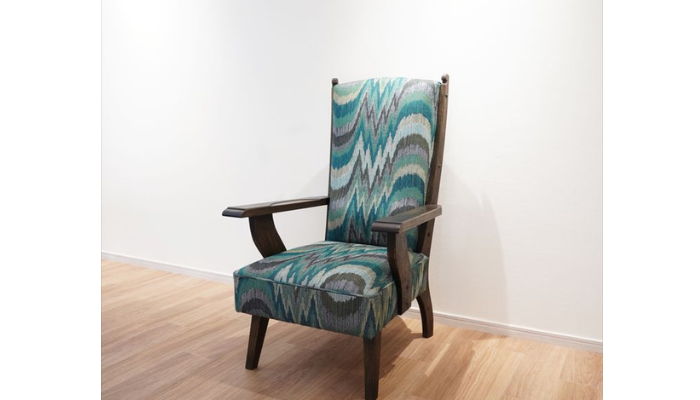
Anime Boom After COVID-19
Post-COVID, anime in Singapore has moved from niche fandom to a mainstream cultural phenomenon. Hits like Demon Slayer and Jujutsu Kaisen, along with the return of cosplay conventions and festivals, have shown that anime is now part of everyday conversation and entertainment.
Changing Customer Behavior
The anime audience in Singapore has broadened significantly, extending beyond traditional fans to include casual viewers, working adults, families, and female fans. One major factor is the reduction in the stigma associated with anime fans. It is visible especially after famous titles, such as Demon Slayer, are now widely recognized and even casually discussed among non-fans. Cultural touchpoints like viral memes, global streaming platforms, and mainstream media coverage have helped normalize anime as part of everyday conversation — so much so that, as one article noted, “even moms know Demon Slayer.”
Retail Stores Adapting to Changing Consumer Behavior
This wider acceptance of anime has had a direct impact on both consumer behavior and retail strategies. Fans increasingly seek accessible, everyday items rather than just high-end collectibles like Gundam kits. Products such as acrylic stands and other lifestyle-oriented merchandise have grown in popularity, prompting businesses like La Tendo to expand their inventory and offer a wider range of merchandise. Limited-edition products, pop-up stores in malls, and collaborations with popular anime franchises have become common ways to attract both dedicated fans and newcomers, reflecting anime that has transformed to both a cultural and commercial phenomenon.
Anime-themed Restaurants and Experiential Tie-Ins
Anime’s mainstream appeal has also reached Singapore’s food and beverage scene. Limited time collaborations like Sushiro x Honkai Star Rail and Genki Sushi x Spy x Family, as well as anime-themed restaurants like AniPlus Café at Esplanade Mall, show how dining experiences can leverage anime IPs to attract fans and casual visitors alike. These tie-ins illustrate the cultural reach of anime beyond retail.
Events and Community Engagement
Conventions such as Anime Festival Asia, Doujima, and Cosfest have resumed with strong attendance, providing platforms for merchandise sales, fan engagement, and experiential marketing. The Singapore Tourism Board noted that attendance has increased significantly since 2022, with many first-time visitors joining these events. Social media and influencer content further amplify the visibility of both anime titles and the businesses connected to them.
Conclusion
Anime is now a significant cultural and economic force in Singapore. Businesses like La Tendo have successfully adapted to a more diverse audience, while themed cafés and dining collaborations demonstrate anime’s mainstream appeal. The post-COVID boom shows that fandom can drive both retail innovation and broader market opportunities, proving that anime is no longer just for niche enthusiasts — it is now part of everyday consumer culture.
We Vintage Management have experience doing business matching and expansions, and are ready to help you to transform your business to suit customer behavior. Contact us here to discuss.
Related Articles
Recent Posts
- Livestreaming: A Localization Needed in ASEAN Countries
- Success Stories of Japanese Traditional Brands Overseas
- Impact of Spain’s Pork Import Suspension and the Emerging Potential of Alternative Meat
- Case Study on Chatterbox’s Expansion to Japan: How Local Expertise Attracts Global Brands
- Singapore Employment Pass Update: COMPASS “20-Point” Universities for Overseas Professionals







